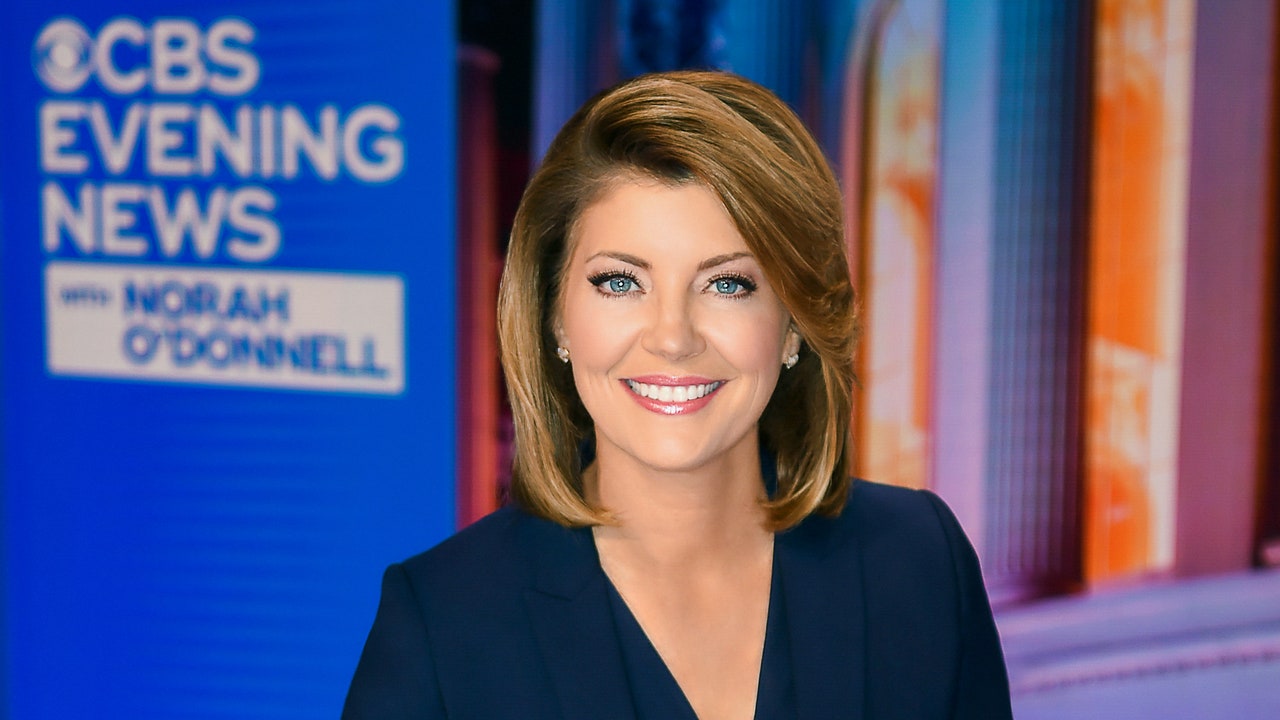Norah O’Donnell’s Reporting Helped Start a #MeToo Era in the Military

[ad_1]
“They wanted her body, but they took her soul.”
Debbie Robinson wept as she told Norah O’Donnell about her daughter’s death by suicide after multiple alleged sexual assaults during her military service. Staff Sergeant Morgan Robinson’s alleged rape and suicide wasn’t an isolated incident, O’Donnell found. As part of a year and a half long investigation of sexual assault in the U.S. military for CBS news, O’Donnell spoke to survivors of sexual assault in the military whose reports were dismissed, parents of service members who took their lives after being assaulted, and whistleblowers who say they faced retaliation from the military after trying to advocate for survivors. “It was like layer upon layer of systemic failures within the military to address sexual assault,” O’Donnell tells Glamour.
Twitter content
This content can also be viewed on the site it originates from.
“She knew that it wouldn’t go anywhere,” Debbie Robinson said, of her daughter’s refusal to report her alleged gang rape in the military.
For over a year, O’Donnell and her team chased down documents, painstakingly reviewed thousands of pages and over 15 years of military reports, and worked with survivors who said they feared retaliation if they spoke out. “These are honestly the hardest interviews I’ve ever done in my life. And I’ve interviewed presidents and world leaders.” But it was worth it, she says. In the wake of the investigation, congress has passed a bipartisan piece of legislation reforming the way sexual assault cases in the military are handled—now independent prosecutors, not military commanders, will decide whether cases should be prosecuted. Secretary of Defense Lloyd Austin ordered an independent review of sexual assault in the military. And in response to that review, President Biden signed an executive order in January that criminalized sexual harassment under military law.
This week, O’Donnell was honored with a duPont-Columbia award, often called the Pulitzers of broadcast journalism. “I did the ugly cry,” O’Donnell says, of the moment she learned of the honor. “It’s very rare that I feel that the work we do in journalism can result in real change, or it takes a long time.” But in this case, she says, “We’re seeing that change is coming.” O’Donnell’s father served in the U.S. military for over 30 years. Her sister Mary, a surgeon, is a current member of the military. But O’Donnell says she didn’t feel conflicted during the investigation, even as she repeatedly raised the question of whether the military can police itself. “Most people who serve in the military are the finest people you will ever meet,” she says. “They’re volunteering to put their lives on the line and serve this country for a cause greater than themselves. So the fact that there are a number of these criminals who are assaulting fellow soldiers is reprehensible.”
Twitter content
This content can also be viewed on the site it originates from.
“They were trying to break me down. They just go after you,” a service member told Norah O’Donnell of reporting her alleged sexual assault.
[ad_2]
Source link